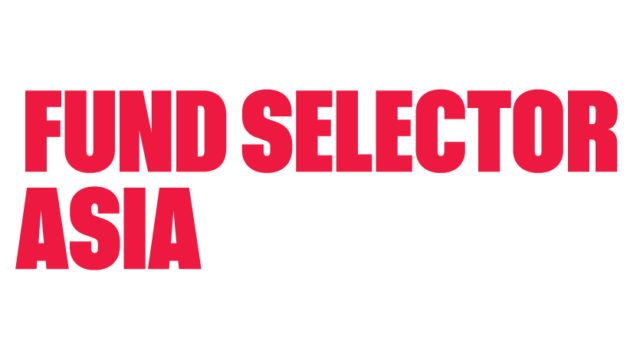Hong Kong intends to develop talent and manpower resources, which are in short supply, in order to support expansion of the asset management sector, said Tsang, who recently spoke at the Morningstar Institutional Conference Asia.
That includes the launching next month of a three-year, HK$100m ($13m) pilot programme to enhance talent training for the financial services sector, with about half of the amount being used to implement training initiatives for the asset and wealth management sector, he said.
“We hope the programme will help young students gain early exposure to career opportunities in financial services. We hope, too, that it will encourage existing practitioners to sharpen their professional skills as well as their competencies.”
Tsang also said Hong Kong will put in place a legal framework for an open-ended fund structure, which is aimed at diversifying the types of permitted fund structures.
Currently, under the laws of Hong Kong, an open-ended investment fund can only be established in the form of a unit trust, not in corporate form. In response to the international practice of using a corporate fund structure, the OFC structure has been proposed.
Tsang said the new structure is expected to create a more flexible business environment for fund managers to meet market demand. “Following the passage of the bill by our Legislative Council in early June, we hope to implement the open-ended fund company regime as soon as possible,” he said.
The Hong Kong government began a three-month consultation for introducing the open-ended fund structure in March 2014.
MRF “well-received”
Tsang said he has a positive outlook on the development of the asset management industry in Asia.
“Despite the gloomy economic outlook in other parts of the world, Asia is faring well in wealth creation as well as portfolio allocation. Thanks to the mainland’s deepening financial market liberalisation, Hong Kong’s well-established asset management industry continues to expand strongly.”
The Mutual Recognition of Funds arrangement, which is about one year old, has been “well-received by the market”, Tsang said.
“Down the road, it will allow Hong Kong to play an even more important role, enabling mainland investors to access the world and international investors to access the mainland.”
As of mid-June, a total of 37 southbound funds have been authorised for public offering in Hong Kong, while six northbound funds have been approved for public offering in the mainland, he said.
However, he did not mention that capital flow across the MRF has been hugely disproportionate.
According to the latest data from State Administration of Foreign Exchange, accumulated sales of the northbound Hong Kong funds since the beginning of this year reached RMB2.1bn ($318m), 36 times higher than the mainland funds selling in Hong Kong.
While the northbound fund sales are growing, it is at a slower rate over the past two months.
Tsang was also silent on the issues that have caused long delays for the Shenzhen-Hong Kong Stock Connect, which was expected to launch last year.

















